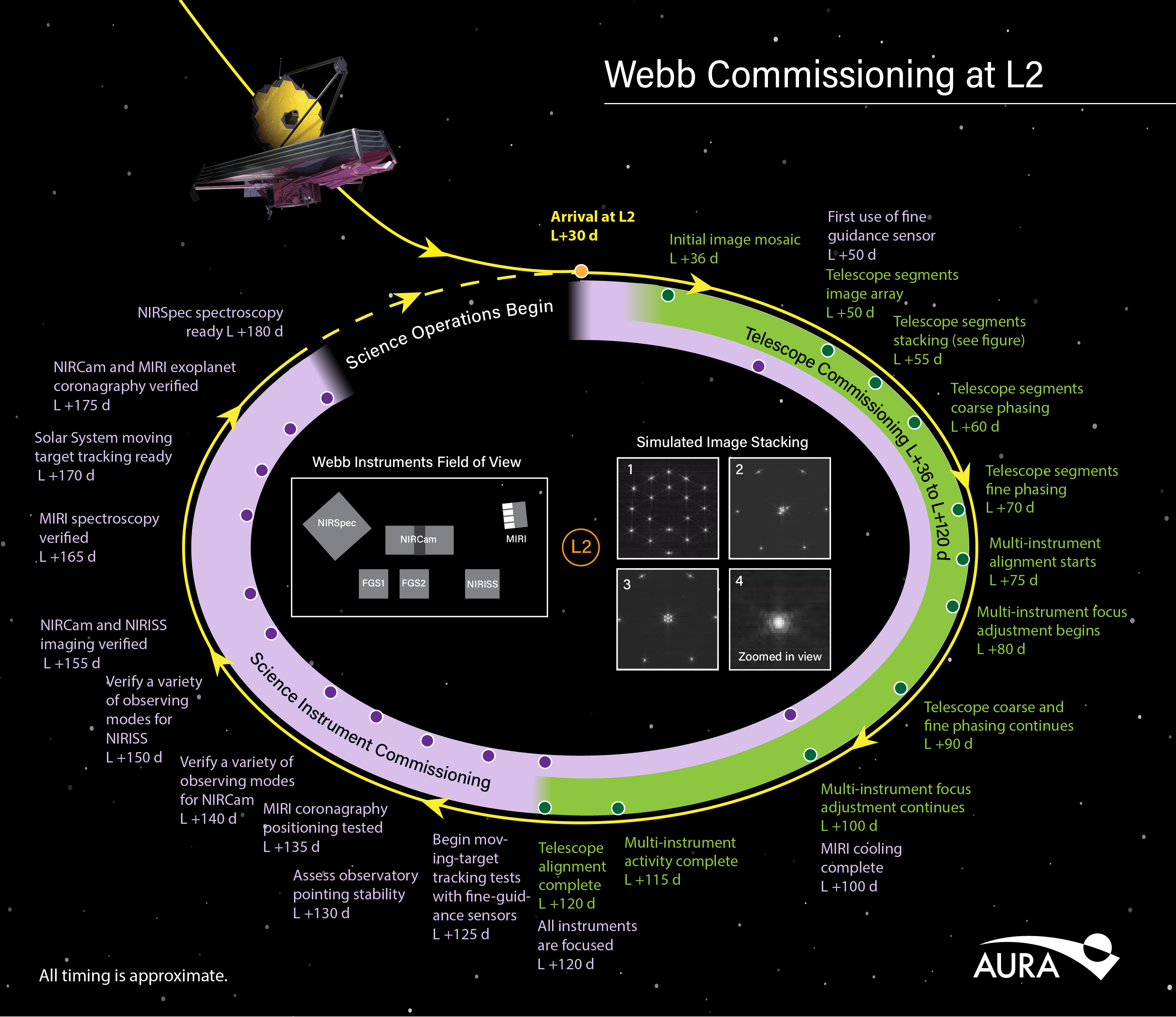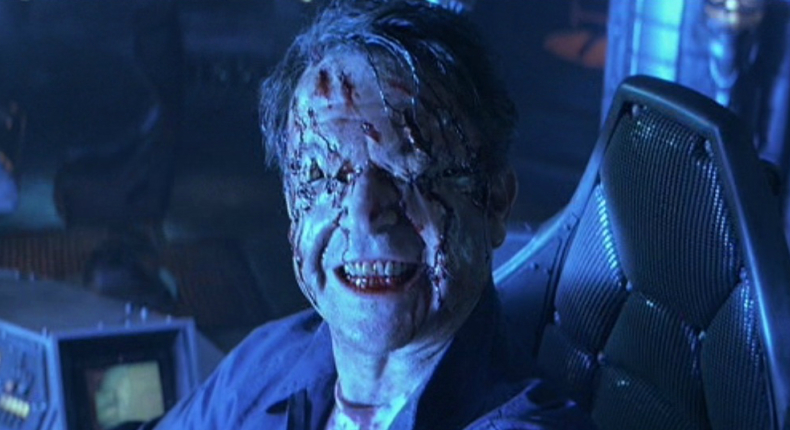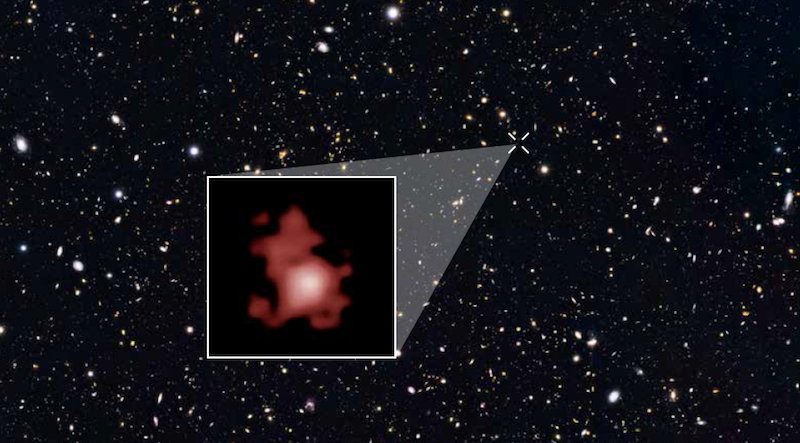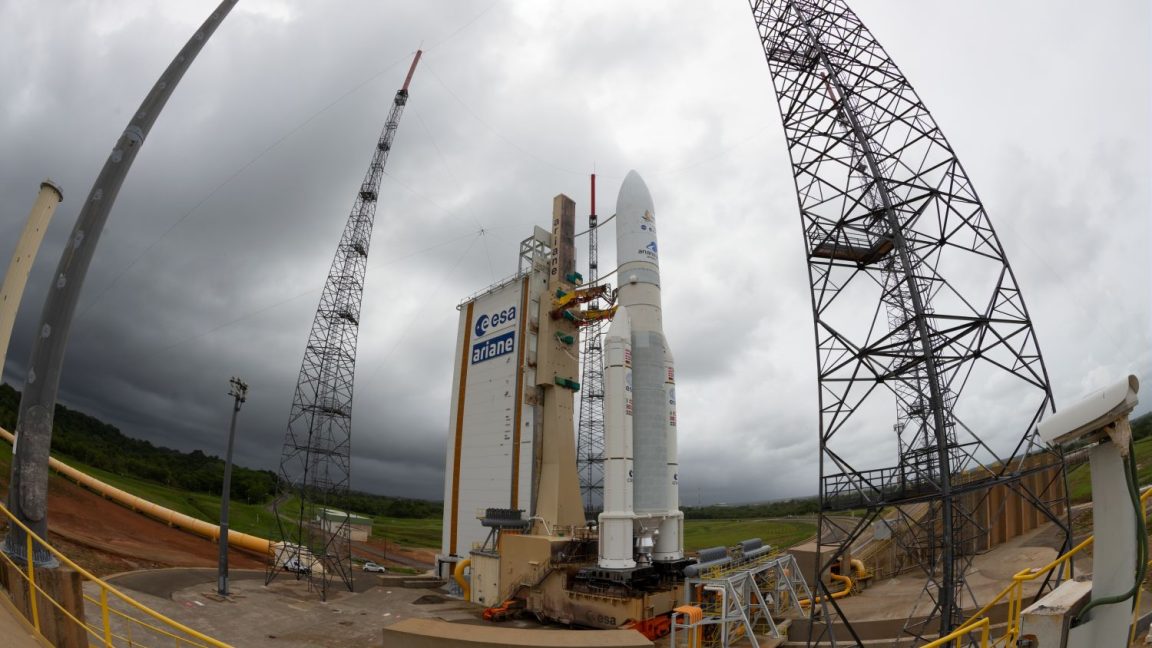Buggy Loop
Gold Member
Omg, i can't believe it's going so well so far. We somehow switched to a brighter timeline 

The Webb mission operations team has given the 'go-ahead' to move forward with the extension of its starboard primary mirror panel. This is the last of the major deployments on the observatory, and its completion will set the stage for the remaining five and a half months of commissioning, which consist of settling into stable operating temperature, aligning the mirrors, and calibrating the science instruments.
Ridiculous! Just shows you how sensitive and precise the telescope is.5~6 months of calibration...
Sound good to me? Space exploration and science are better without that filth.And it wasn't even a trending topic on Tweeter.
And it wasn't even a trending topic on Tweeter.

Any chance on accidental discoveries during the calibration? Or is it really 6 months of waiting now.

Warp Drive =
Or Stephen Kings's The Jaunt, where your mind is awake and self aware, and unable to die for billions of years (if you jaunt while concious)
I can't think of any concept more terrifying than that. Except maybe being in extreme physical pain for the billions of years.Warp Drive =
Or Stephen Kings's The Jaunt, where your mind is awake and self aware, and unable to die for billions of years (if you jaunt while concious)
Maybe JWST can finally find the uncensored director's cut of Event Horizon everyone is talking about.Warp Drive =

Or Stephen Kings's The Jaunt, where your mind is awake and self aware, and unable to die for billions of years (if you jaunt while concious)
Very informative interview. Talk about capabilities and what they expect to get from Webb.
Not sure if already posted..
I can't think of any concept more terrifying than that. Except maybe being in extreme physical pain for the billions of years.
LMFAOWould be funny if after everything went well, the easy part, the burn to put it into L2 orbit fails and it floats into space fully operational.

Happy surprises can always happen. They might release a few shots before final calibration if it already looks sharper than Hubble before it's even done for example.
One of the first plane scientific shot and benchmark they want to do is to look at the Hubble deep field region and to make a comparison. Should be mind blowing when they're fully calibrated.


 arstechnica.com
arstechnica.com
that link opened some nasty spyware looking tabs
James Webb's "Lifespan" May Have Been Doubled With A Perfect Launch - BBC-Edition
This week, NASA said it would take less fuel than expected for the James Webb Space Telescope to reach Lagrange Point L2. This is good news for research,bbc-edition.com
that link opened some nasty spyware looking tabs
Wasn't BBC, that was some random wordpress template site with BBC in the titleOh? BBC what you doing.. anyway, changed URL.
Hopefully by that time we've made a new telescope which is twice as big.Hopefully by that time we can send refueling drones to L2 to extend it even further.
Was thinking about that myself. I'm sure someone here can give a succinct explanation.It still perplexes me how we can receive signals from something 1.5 million kilometers away
It still perplexes me how we can receive signals from something 1.5 million kilometers away
Was thinking about that myself. I'm sure someone here can give a succinct explanation.

Bloody laws of physics keeping us confined to our solar system!!!We can observe distant galaxies. That is a function of electromagnetic radiation traversing enormous distances—up to billions of light-years—to get here. 1.5 million kilometers is relatively trivial.
Speed is not the problem, 5 secs delay only. Receiving/transmission of course is a bit more problematic but not at those distances with their large antennas. I mean, we communicated with rovers on mars at 342.8 million km.
They're still communicating with Voyager 2 which is like >18 billion km. Now that..
Radio waves travel at the speed of light chaps but the data rate is real low
Very informative interview. Talk about capabilities and what they expect to get from Webb.
Not sure if already posted..
You can see the light from distant stars right? That light is information that your eyes can pick up. Radio waves are the same electromagnetic radiation, but at a different frequency. Our eyes can't detect those frequencies, but we have other types of instruments that can.How is that even possible
Think of it like a ripple in water that just spreads out wider and wider the further from source, thats why we have massive dishes on earth to pick up these faint signalsHow do we know the exact path they're traveling at to aim the antennae?
I'm very curious on progress around quantum communications. The throughput and time to live is theoretically instantaneous, in space over vast distances or locally here on Earth.Radio waves travel at the speed of light chaps but the data rate is real low
Ok, so it basically hits everything within the radius. Makes sense.Think of it like a ripple in water that just spreads out wider and wider the further from source, thats why we have massive dishes on earth to pick up these faint signals
What are the chances that the telescope gets hit by a meteoroid or something like that?

A chance of 1 out of 10.What are the chances that the telescope gets hit by a meteoroid or something like that?
Really? During a 10-year period? Or are you taking the pissA chance of 1 out of 10.
he's taking the proverbial, the chances of it getting hit with space debris are astronomicalReally? During a 10-year period? Or are you taking the piss
